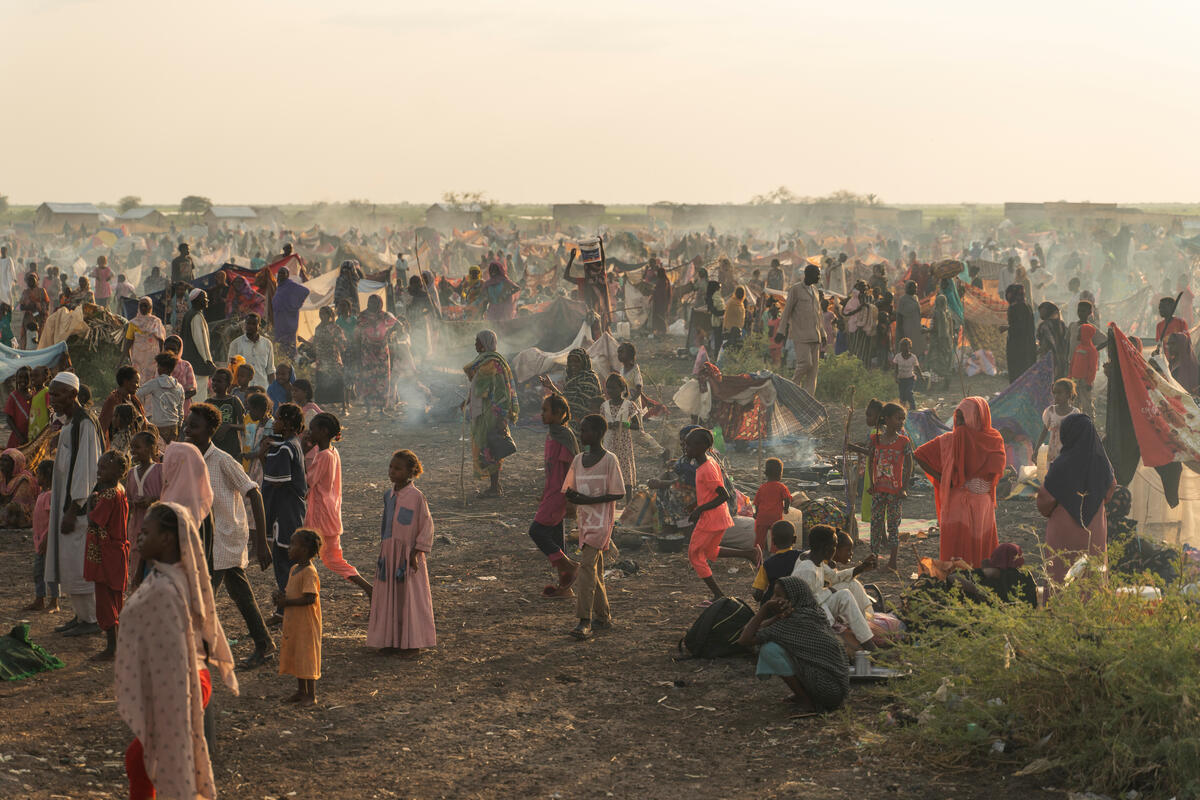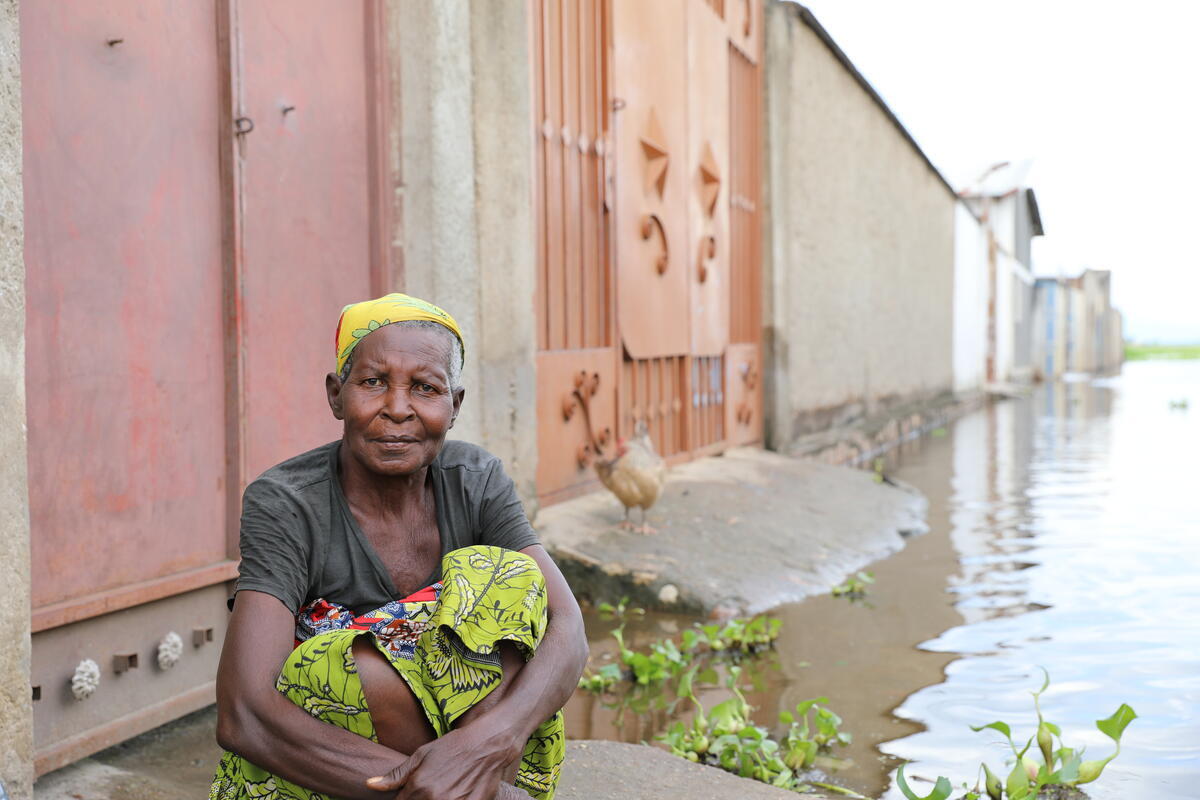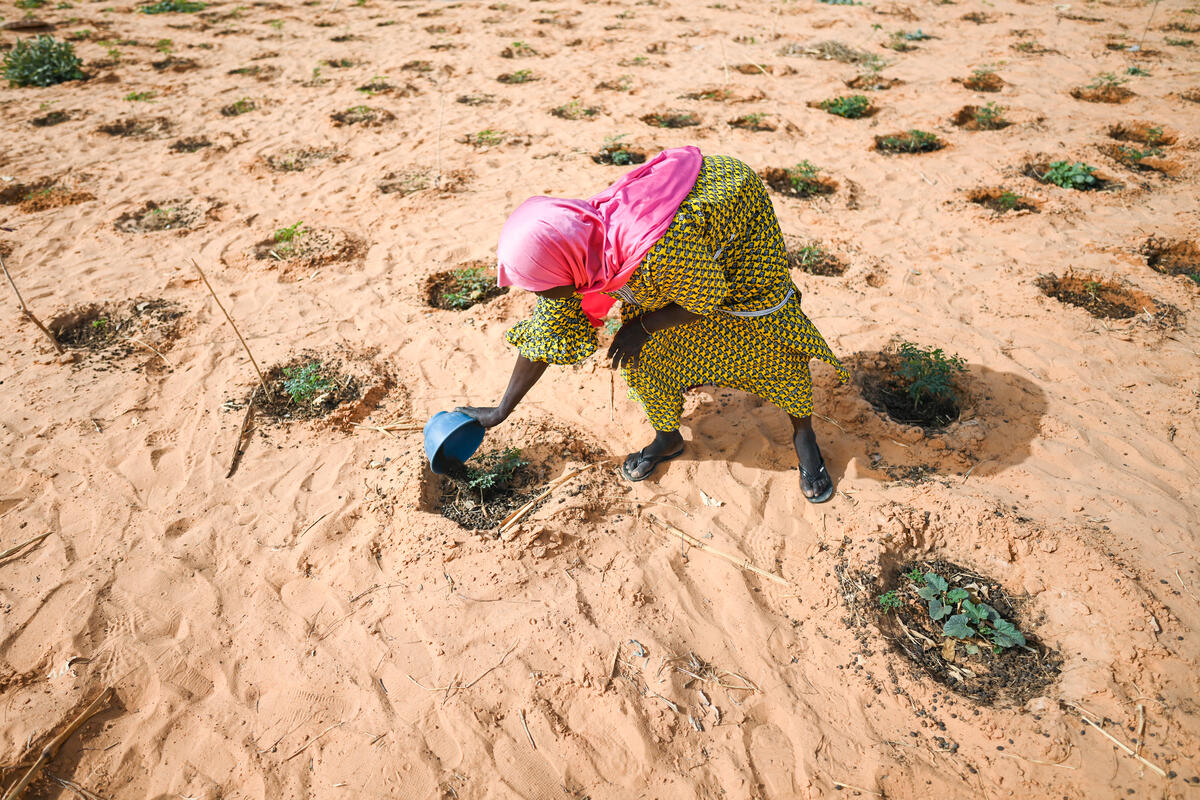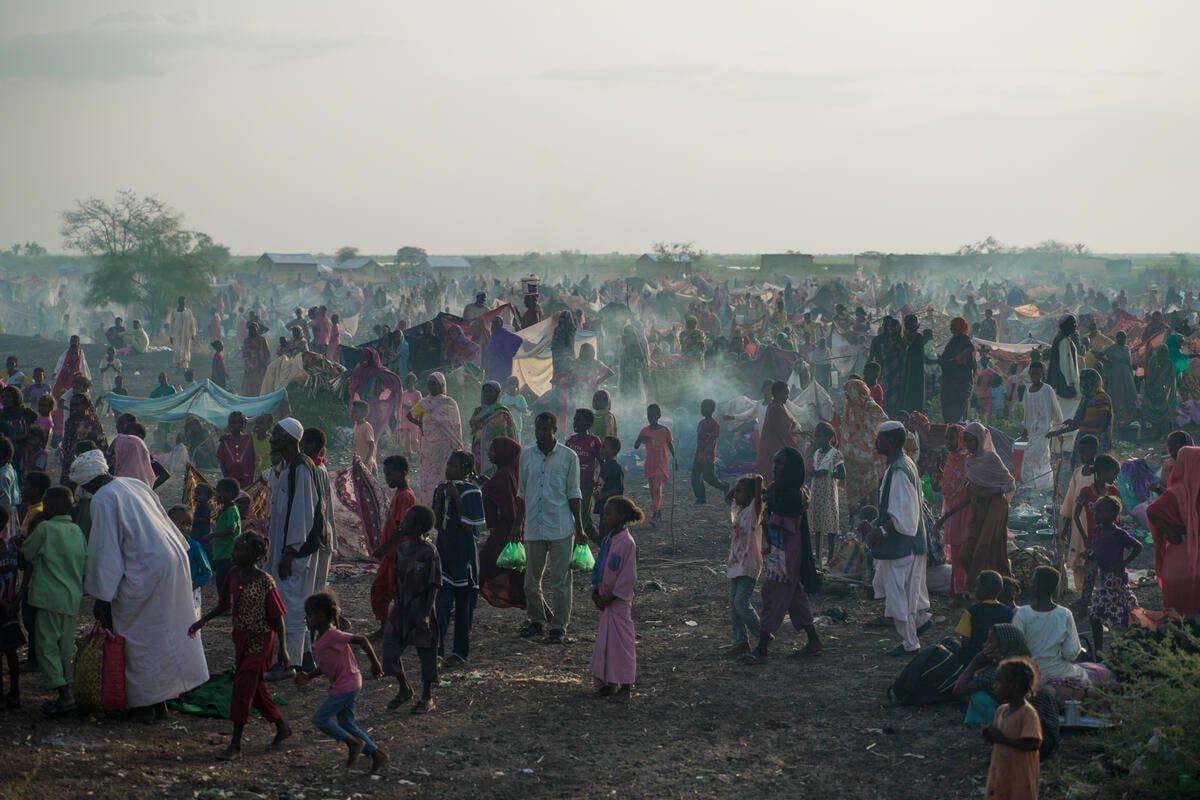Heavy rains leave thousands of refugees without shelter in Kenya
Heavy rains leave thousands of refugees without shelter in Kenya
Four days of torrential rains and high winds at Kakuma in north-western Kenya have destroyed over 7,000 refugee huts, leaving more than a quarter of the camp population without shelter and raising serious health concerns for the population of 81,000. The downpour has flooded latrines and affected camp water systems, and aid workers have been forced to suspend the distribution of a two-week ration scheduled to begin last week.
Kakuma, which hosts primarily Sudanese refugees, is located in an arid region, some 800 km north-west of Kenya's capital, Nairobi. It receives about 500 mm of rainfall annually. Staff at the site called the heavy rains "unprecedented." Family shelters are usually constructed of dried mud and branches, with thatch and plastic sheeting used for roofing. Many of the huts were old and unable to withstand the heavy rains.
UNHCR staff rushed to distribute 1,500 plastic sheets - the entire camp stock - and are moving refugees into schools and other community centres as an emergency measure. Priority is being given to vulnerable families. Each community centre can hold up to 25 families and has water and latrine facilities. The agency is dispatching trucks from Nairobi today carrying another 2,500 plastic sheets, 1,000 blankets and seven tents to Kakuma. An additional 2,000 pieces of plastic sheeting will soon be dispatched from UNHCR's regional stocks in Ngara, Tanzania.
Construction of new shelters is beginning today. Food distribution resumed yesterday. Relocated refugees will receive blankets, clothes and environment-friendly stoves and fuel. A crisis committee of agencies and NGOs is digging new latrines and installing clean water distribution points on higher ground around the camp. Health workers are tracking sanitation conditions at the site and are prepared for an immunization campaign if needed. Additional UNHCR staff are being dispatched from Nairobi and the agency is approaching other organizations for more shelter material.








